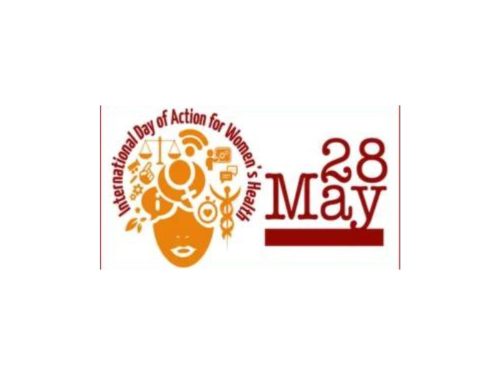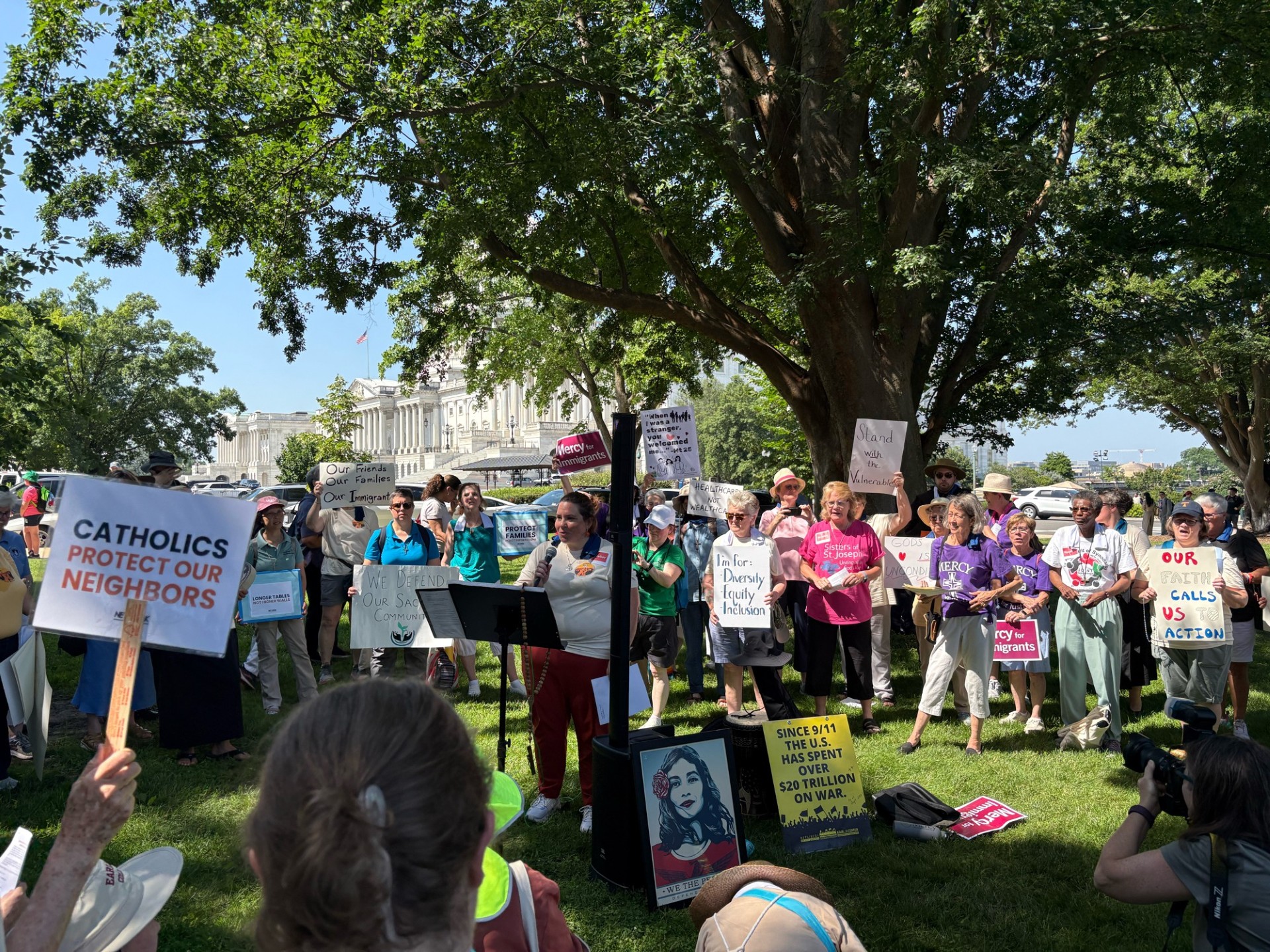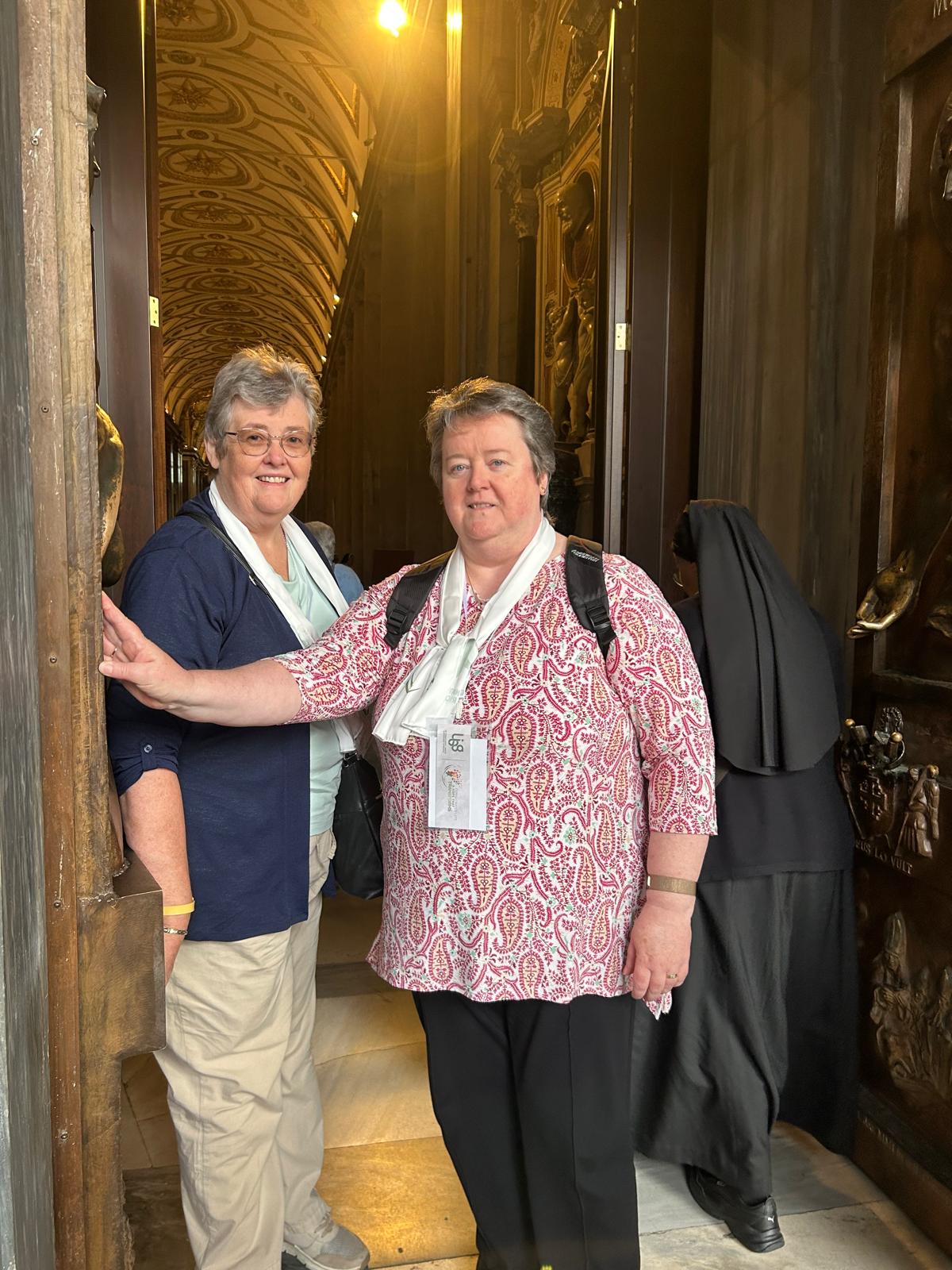
This Sunday, May 28th marks International Day of Action for Women’s Health, a day that brings attention to issues related to women’s health and well-being. This year, we’re profiling the Nigerian Region’s ministry in healthcare and their work in health education and the immunisation of expectant mothers.
There are unfortunately many obstacles to the widespread availability of affordable healthcare in Nigeria – a tumultuous political landscape, a difficult economic situation, steep inflation and its impact on the cost of living. It is also prohibitively expensive to train as a nurse or other medical professional. The Religious Sisters of Charity have stepped in over the years to provide alternative services, trying to expand access to quality essential healthcare services as well as to safe, effective, quality and affordable essential medicines and vaccines for all. Formerly known as matrons, RSC’s working in community clinics are now known as directors. In more remote areas, the work is more hands-on and less administrative than urban areas. Everyone plays their part.
One of the RSC’s main contributions in Nigeria has been in healthcare education. In rural clinics, the focus is on immunisation of expectant mothers, including the provision of two tetanus shots during pregnancy. Immunisation at birth against hepatitis, TB and polio are also provided for children. Another focus has been on HIV awareness, visiting schools, youth groups and churches to work towards removing the stigma of HIV as well as providing free antiretroviral therapy (ART). After six months of treatment, HIV-positive patients cannot spread the virus.
One recent success for healthcare in Nigeria is the approval of a vaccine for Malaria, noted to be 70% effective. Malaria is a major public health challenge in Nigeria and the biggest killer in children under five. Another success is the installation of solar panels and batteries at Bomadi, Ozoro and Kiri-Kiri health facilities, which will replace the use of generators. While the initial installation was costly, over time, the solar power will prove more efficient and will prove better for the environment.
Similarly to other parts of the world, the Covid-19 pandemic was an immense challenge for healthcare in Nigeria as regular procedures, diagnoses and immunisations were postponed or halted, reducing the impact of health messaging.
While the region has a long way to go to achieve the United Nations’ Sustainable Development Goal 3 – ensuring healthy lives and promoting well-being for all at all ages – progress continues to be made. One Sister has qualified as a Specialist in Community Health while two other Sisters have started nursing studies. Continued advocacy for the allocation of resources and provision of basic health education for all people is a very important aspect of the work of this ministry in Nigeria.






